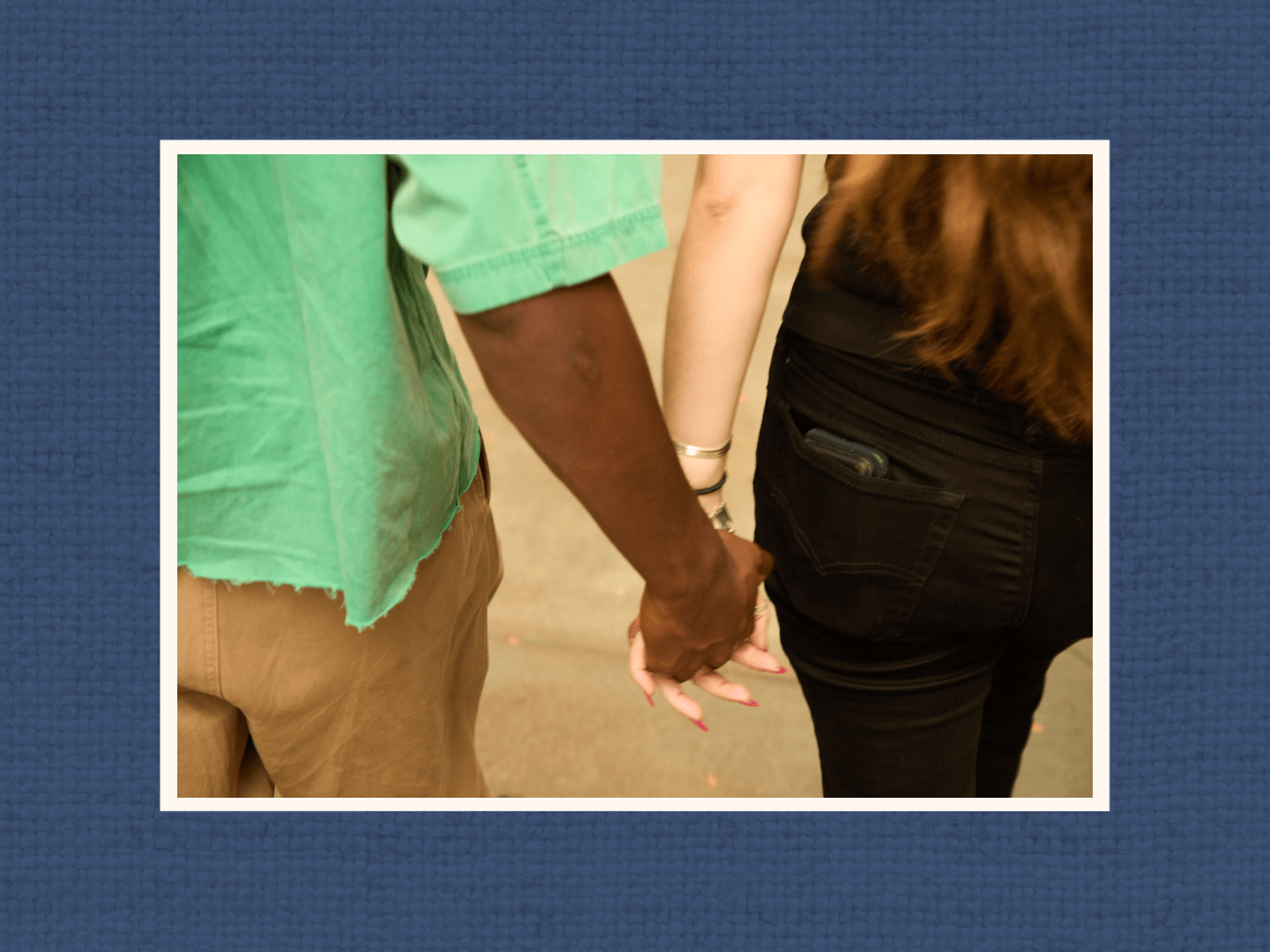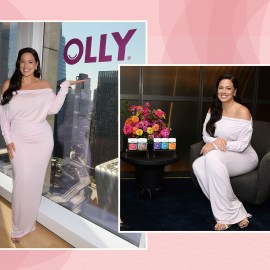As a Gen Z college student, I’ve watched as, over the course of the past 12 months, my peers, friends, and significant others have been overtaken by the nation’s political strife. And while some of our generation can’t even legally vote yet, Gen Z is already carefully selecting their potential partners based on political alignment.
For older generations it might seem dramatic how seriously we take political affiliations, but you must understand that it’s our future that hangs in the balance. We’ve seen increasing polarization, and it has shaped our generation to view politics as a defining trait of a person’s character. So, parents, while it might be difficult to understand that this is the new reality of dating as teens and twenty-somethings, I’m here to show you exactly how Gen Z is dealing with their new normal and finding significant others.
We polled our SheKnows Teen Council, a group of 100 teens across the nation, and asked their opinions of dating in today’s political sphere. We wanted to see just how deeply and strongly teens are worrying about their partner’s political alignments. Here’s what we learned.
Simply put? Boys said that dating outside their affiliation was not a deal breaker, and girls disagreed.
Gender and dating preferences aside, Gen Z has made clear how quickly politics are consuming their lives compared to past generations. Whether flooded with political agendas on social media or dispelling those with differing beliefs, our generation is in overdrive, and it’s clear that the stakes are higher than ever.
While older generations have overlooked diverging affiliations in the name of friendship and love, younger generations have realized that overcoming such a difference is unrealistic. When asked to rate its importance, our Teen Council scored having a similar political affiliation at a 69 out of 100 when deciding on a partner, and 50 out of 100 when deciding on a friend. While Gen Z is evenly split when it comes to wanting similar political ideals in friendships or not, our generation is much less willing to be so open when it comes to potential partners; shared political beliefs are quickly becoming a deciding factor for a second date.
As a sophomore in college, I witnessed firsthand as my small campus divided into red and blue — some students proudly wearing MAGA hats in the dining hall, while others excitedly envisioned the first female president. But then one dreary November day I was met with a gradient of faces, some gleeful and cocky, others in mourning. I watched as some of the people around me went from close friends to opponents, high on their most recent win.
If the world has seen anything in the past six months, it’s that voting has immense consequences — and my generation is fed up. As politics become increasingly important and divided, my generation — republican and democratic alike — isn’t willing to put up with fake niceties anymore. For many Gen Z-ers, it’s no longer a question of overlooking their partner’s beliefs, it’s a question of their personal comfort.
Of our survey’s female respondents, only one answered that they would be somewhat comfortable, and none said they would be extremely comfortable dating someone with opposing political affiliations. The majority (85 percent) of female respondents said they were uncomfortable with it — either “very” or “extremely.” However, male respondents were more divided between comfortable and uncomfortable with the majority (57 percent) leaning towards comfortable — evenly split between “very” and “somewhat.”
Comfort aside, we wanted to see just how drastic differing political ideals was for Gen Z when deciding a partner, so we asked if it was a deal breaker.
Of our male respondents, not even one said that a differing political affiliation was a deal breaker; 57 percent flat-out agreed that it was not, while the remaining 43 percent said they didn’t know or that it depended. This stat, however, rivals female respondents who were much more divided. The largest answer was 38 percent from female respondents who answered ‘Yes’ about whether opposing political affiliations was a deal breaker — an answer that no men chose. The remaining 62 percent was split between “No,” “I don’t know,” and “It depends.”
When it came to the reasoning behind such a choice, many of our female respondents made it clear that they believed political affiliation was a significant marker of an individual’s identity. One female respondent shared, “If someone’s political affiliations don’t align with mine, it’s highly likely that their values also don’t. And at the end of the day, a person’s core values and beliefs are some of the most important things about them.” Our male respondents, however, felt less strongly about their partner’s affiliation, noting: “It doesn’t really matter to me, and I guess it just depends on the type of person they are,” and “I really don’t care about what someone believes in politically, it’s not a deal breaker for me as long as they’re not extreme about it and make it a problem.” For some Gen Z men, while they may take their partner’s political affiliation into consideration, it doesn’t seem to be a deal breaker. Gen Z women, however, disagree.
It’s clear that, regardless of their own political affiliations, Gen Z women are more hesitant when it comes to dating outside of their own political beliefs — but that pause seems lacking for their male counterparts. I’ve seen this phenomenon pop up throughout my own life many times in the past year as my male friends have gone against their own beliefs when it comes to dating, and my female friends have made it a priority.
My theory? Women, whose rights are constantly on the ballot, must be pickier with their partners. Gen Z women, regardless of political affiliation, are more inclined to choose a partner who agrees with their beliefs, especially when those beliefs are so heavily attached to their own bodies. And Gen Z men? While some take affiliation into consideration, the definitive response is that they can more easily overlook politics in their dating prospects.
My generation may seem too dramatic and too sensitive, but it is only because we have learned to be through the consequences of older generations. We are forced to inherit a world in which political strife is no longer civil. While our political candidates grow increasingly polarized, Gen Z has realized that sharing a bed, a meal, or even space with someone who disagrees with our own ideals is becoming more unlikely — especially for young women.
As our country continues to divide into sides, colors, and candidates, younger generations have been forced to step up. In a world where rights, identities, and futures are on the line, Gen Z isn’t willing to risk incompatibility … in love or in politics.






